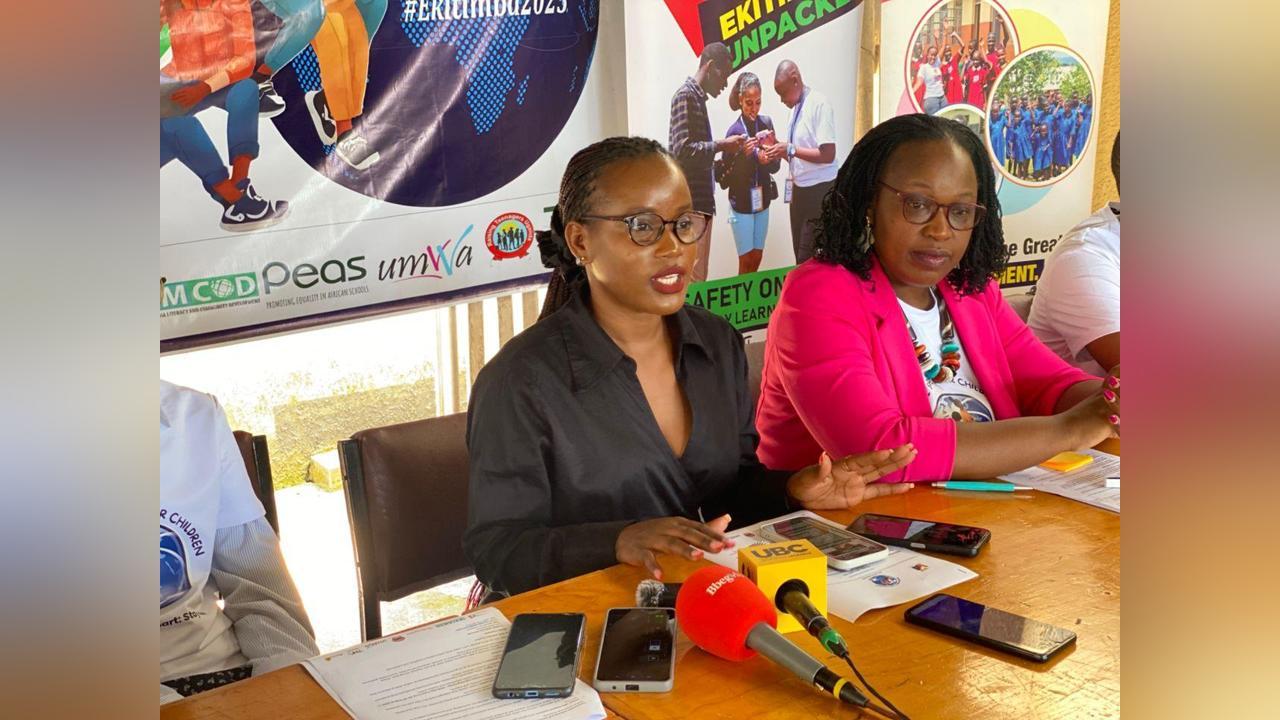Africa-Press – Uganda. The government of Uganda is set to unveil a National Family Policy before the end of 2025, aiming to revive and reinforce the family unit, which officials describe as “the most important unit of governance in the world.”
Speaking ahead of the Third Annual Safety Holiday Learning Camp for Children—Ekitimba—Mr. Mondo Kyateka, Assistant Commissioner for Youth and Children at the Ministry of Gender, Labour and Social Development, emphasized the urgent need to re-establish the family as the cornerstone of child protection, values education, and national development.
“We want to reincarnate that institution called the family,” Kyateka said. “If we can fix the family, we can fix the country.”
The forthcoming National Family Policy will provide guidelines on parental responsibilities, family bonding, digital parenting, and community-level child protection.
It encourages parents to spend meaningful time with their children, reminiscent of traditional “ekyoto” sessions where families would sit and discuss life, safety, and values openly.
Kyateka called on local governments, civil society, religious institutions, and parents to work together in safeguarding Uganda’s children, noting that the central government alone cannot be everywhere.
He also expressed concern over the breakdown of family values and the growing number of “internally displaced parents”—mothers and fathers absent from their children’s lives.
“We have people producing children like they’re on a contract—without care, intention, or planning,” he said, citing statistics showing that 42% of pregnancies in Uganda are unplanned, 60% of which involve teenage pregnancies.
The Ekitimba Safety Holiday Learning Camp, scheduled for August 29–30, 2025, at Mama FM in Bukoto, Kisasi, brings together children, parents, teachers, and child protection experts to equip young people with practical skills to safely navigate the digital world.
Hadija Mwanje, Executive Director of High School for Children Uganda, highlighted that over 40% of Ugandan children aged 12–17 use the internet, often on shared devices, with more than half accessing it weekly. While online platforms offer educational and creative opportunities, they also expose children to cyberbullying, online predators, scams, and harmful content.
SP Innocent Agaba of Naguru Police headquarters emphasized that parents are the first line of defense, as they provide children with smartphones and internet access.
He noted that enforcement alone is insufficient without parental guidance and engagement, highlighting efforts by the police to train officers, collaborate with organizations such as UNICEF and Plan International, and encourage communities to report online abuse.
Ms. Gift Nakayinga, founder of Tekel Health Foundation, warned that excessive screen time and rapid digital culture are contributing to a mental health crisis among children, including ADHD, sleep disorders, and identity issues.
She stressed the importance of slowing down, setting limits, and building resilience, noting that platforms like TikTok have rewired attention spans and affect even basic behaviors such as eating, socializing, and learning.
Students and youth ambassadors attending the camp underscored the importance of parental involvement and open conversations with children about online safety.
Program managers and advocates called for a national strategy that integrates online safety into schools, trains communities, and provides support for survivors, emphasizing that protecting children online requires collaboration between families, schools, enforcement agencies, and community leaders.
As Uganda prepares to roll out its National Family Policy, the Ekitimba camp represents a critical step in equipping children with the knowledge and tools to navigate the digital world safely, highlighting the need for a collective national effort to safeguard the welfare of the country’s youngest citizens.
For More News And Analysis About Uganda Follow Africa-Press






